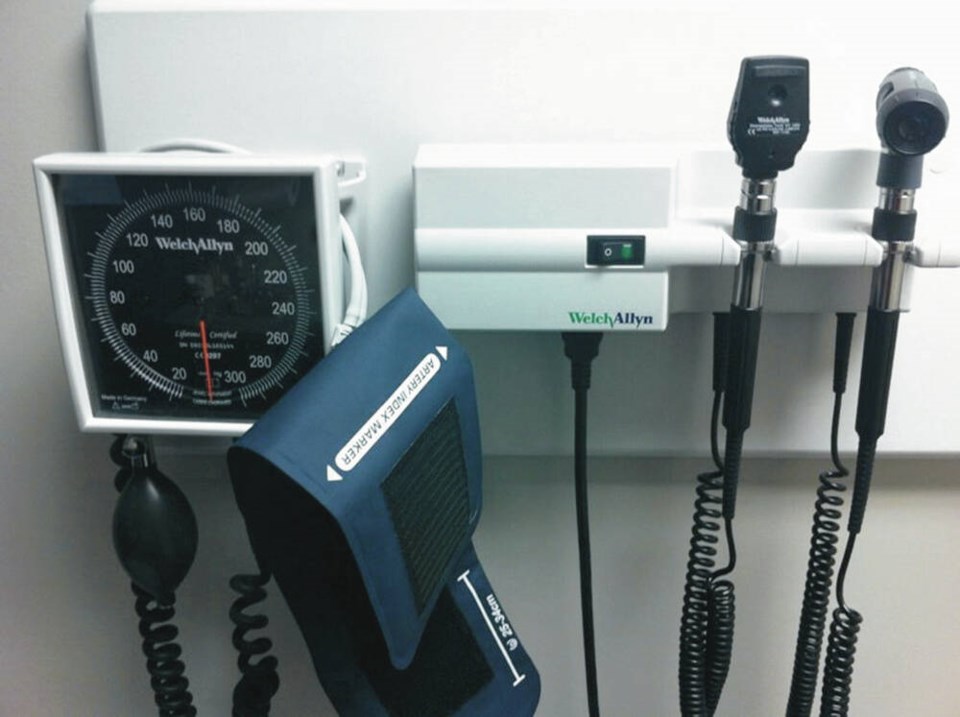Fifty-four newly graduated family practice doctors have signed cash-incentive contracts to provide full-service primary care in B.C. — and discussions are underway with another 65,according to Health Minister Adrian Dix.
Dix told the Times Colonist he’s encouraged by the uptake for the contracts, which were intended to motivate graduates to set up practice in the province. “This is significant,” he said. “It’s made an enormous difference.”
The Health Ministry offered the incentives, including loan forgiveness, to recent family medicine graduates in June through a new-to-practice family physician contract.
The new doctors will earn nearly $300,000 in the first year — $295,457 — plus a $25,000 signing bonus and debt forgiveness for medical training of up to $50,000 in the initial year and up to $20,000 a year over the next four years.
In addition, the new physicians will receive a $75,000 payment as a contribution toward overhead costs for their host clinic.
Dix said the province is taking dozens of actions to address the challenges in primary care and this was “a temporary solution in advance of the broader discussions we’re having.”
Doctors of B.C., which represents physicians in the province, and the provincial government are in the final stages of negotiations that will in part address reducing use of the fee-for-service model and offering doctors alternatives such as contracts and salaried positions.
“We didn’t want to miss the opportunity of getting a whole bunch of people started in their career,” Dix said. “So we’re encouraged by this and we’re thankful that this demonstrates, I think, the commitment of new-to-practice doctors to full-service practice, and we’ve got to keep working.”
Dix said in addition to those who have already signed contracts, 65 doctors are in active discussions on suitable clinic placements and the terms of the contract, and another 21 have expressed interest.
The province is also handing out $118 million in short-term stabilization funding to family doctors in the province — about $25,000 each — to help them with operating costs for primary care and walk-in clinics.
Medical-school graduates are typically matched with residency programs.
The University of B.C.’s medical school residency training program produces about 400 resident graduates a year.
About 175 in a two-year program are certified under the College of Family Physicians of Canada as family physicians. The remainder go into multi-year programs for specialties certified under the Royal College of Physicians and Surgeons of Canada, such as surgeons, dermatologists or psychiatrists.
This year’s approximately 175 family resident graduates were sent an invitation to a Health Ministry meeting on June 15 where the incentives were offered. About 40 attended.
International graduates were not initially included but were added afterwards.
>>> To comment on this article, write a letter to the editor: [email protected]





